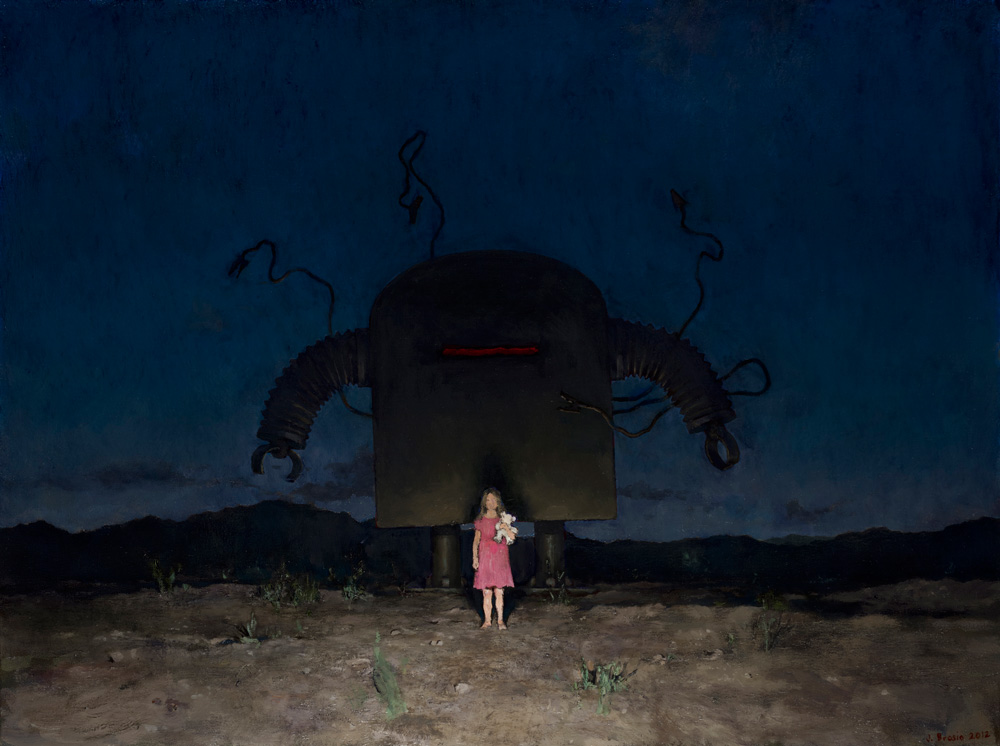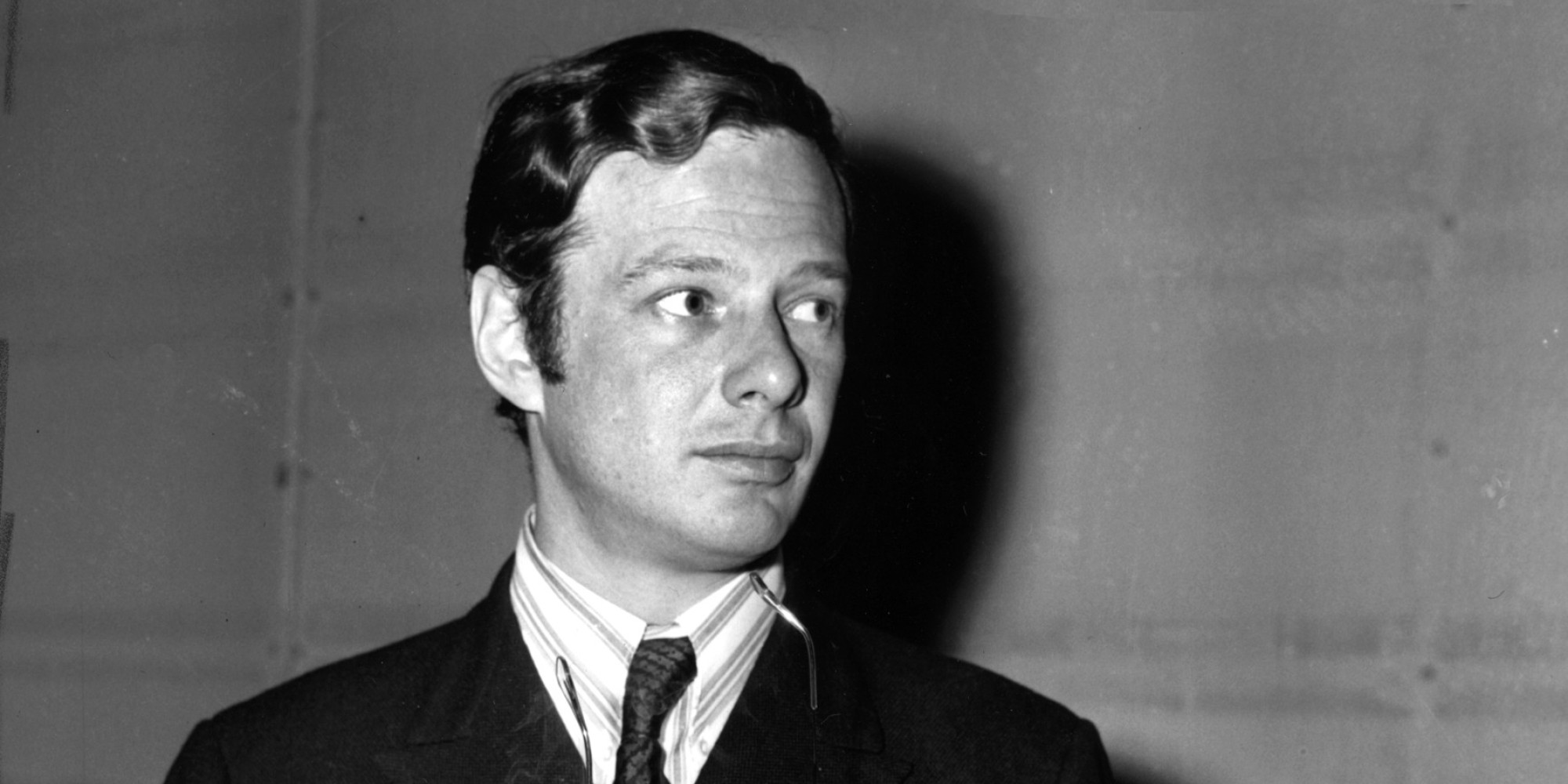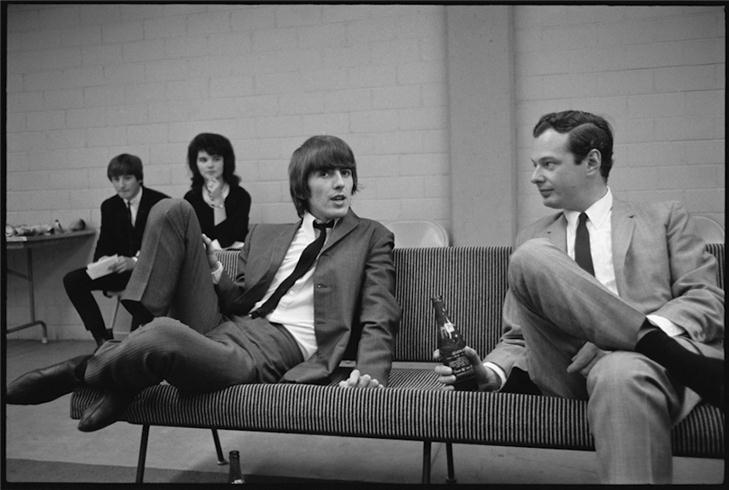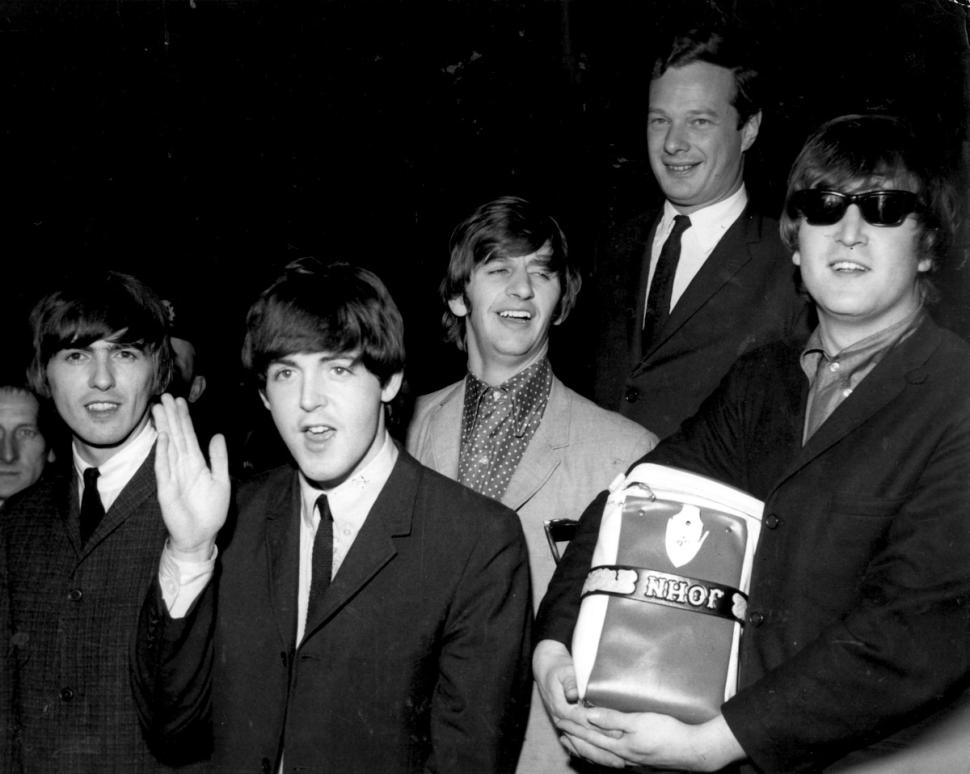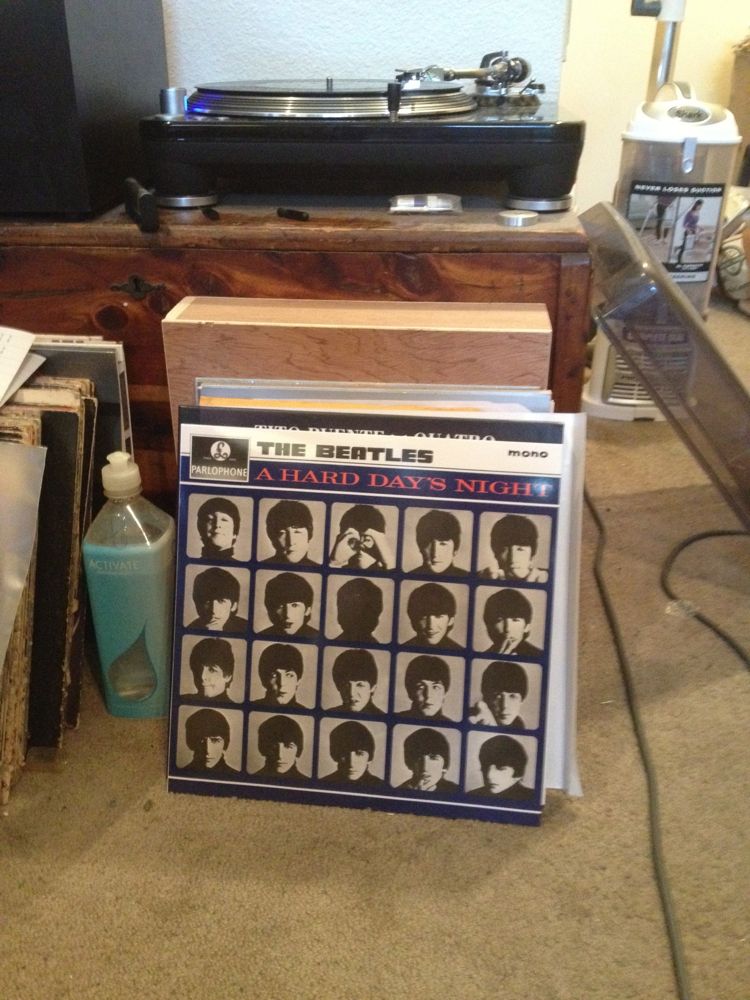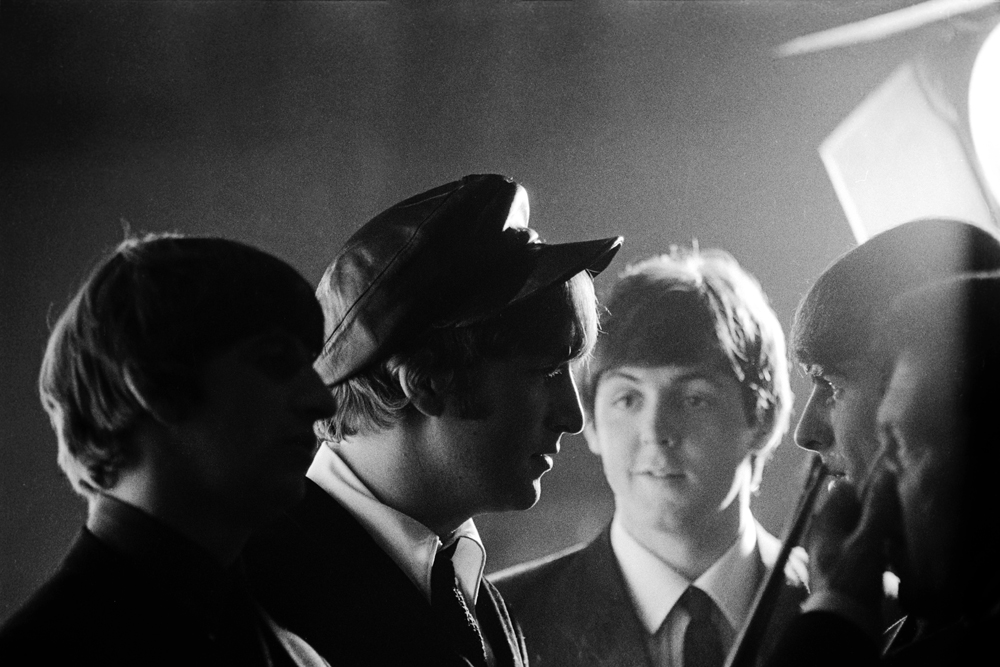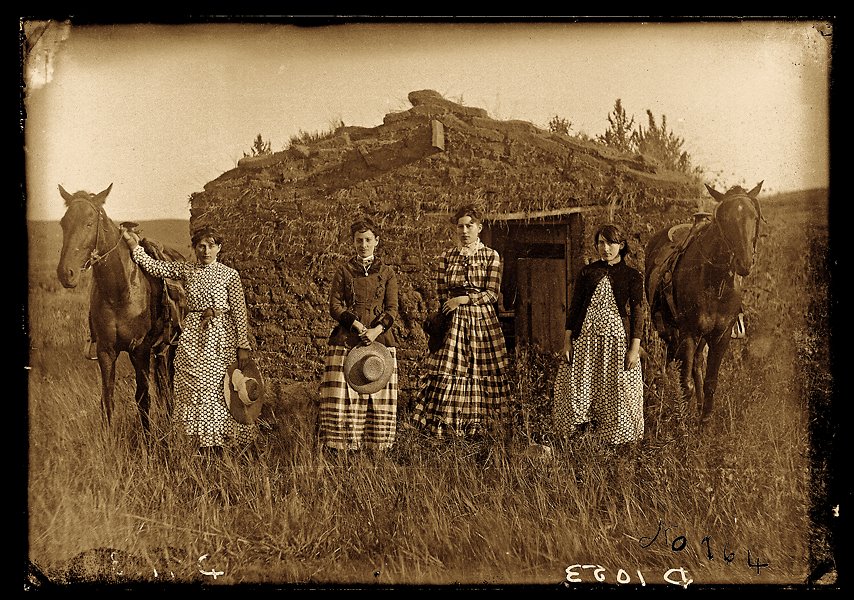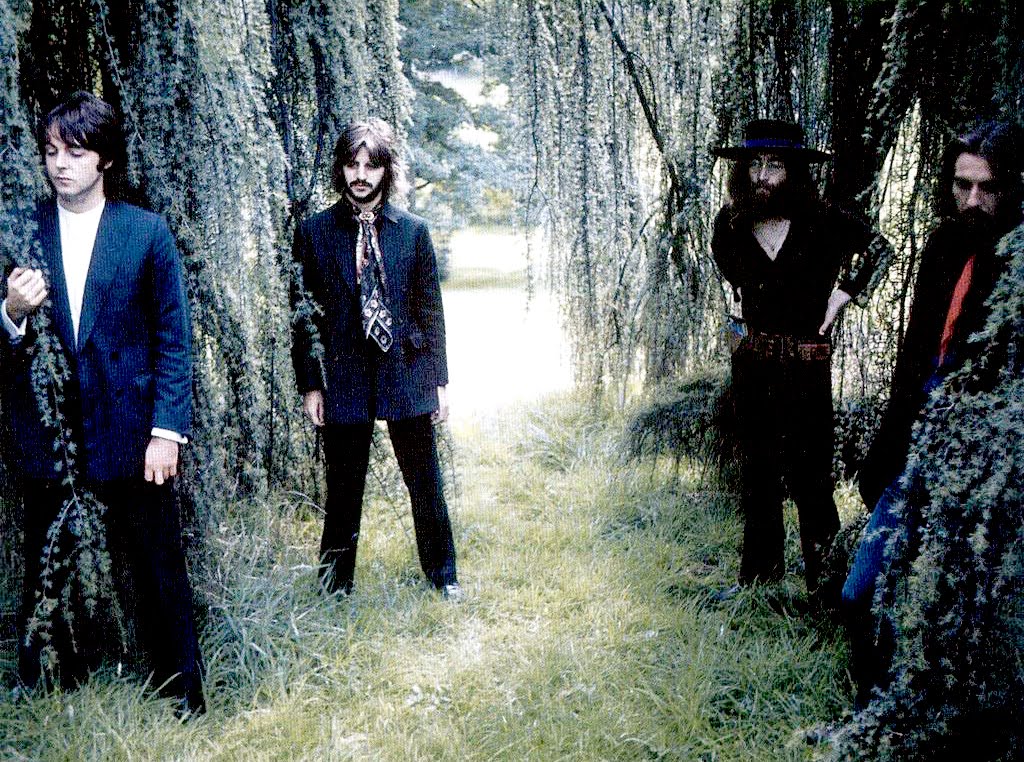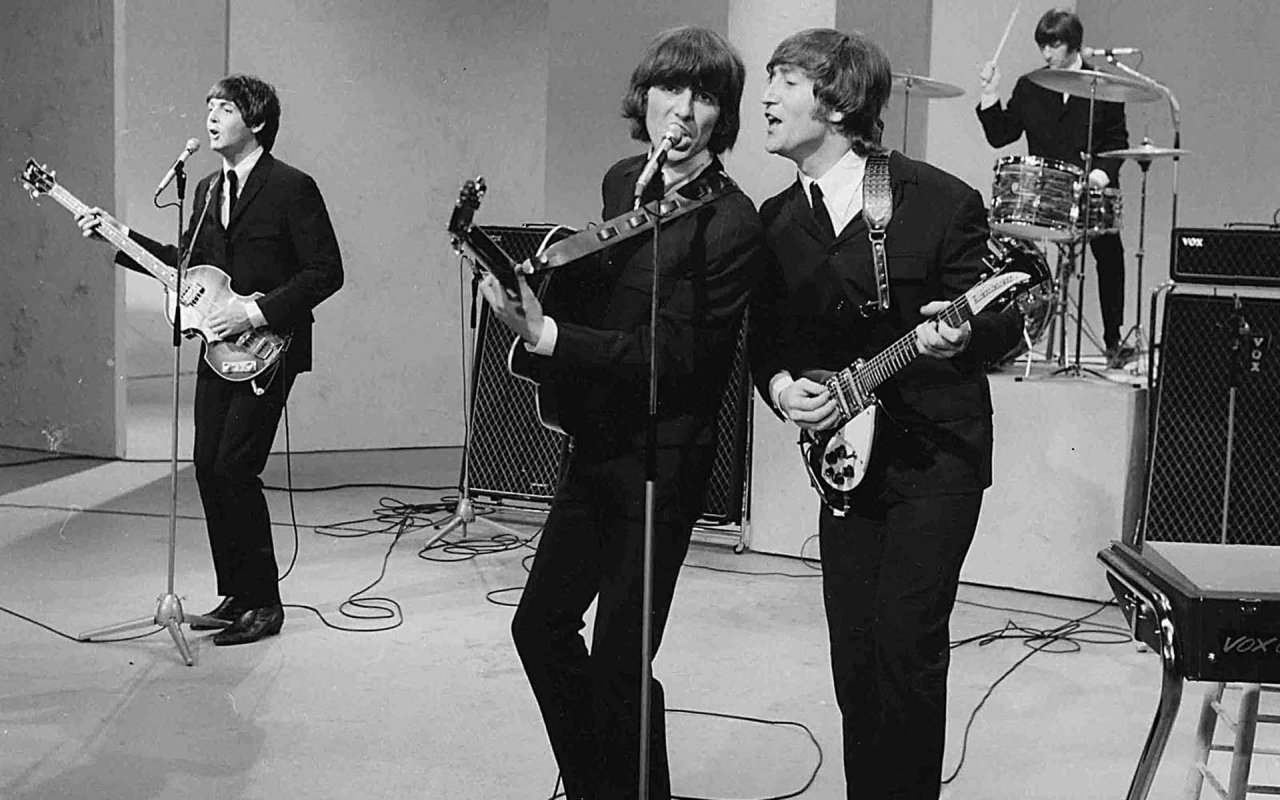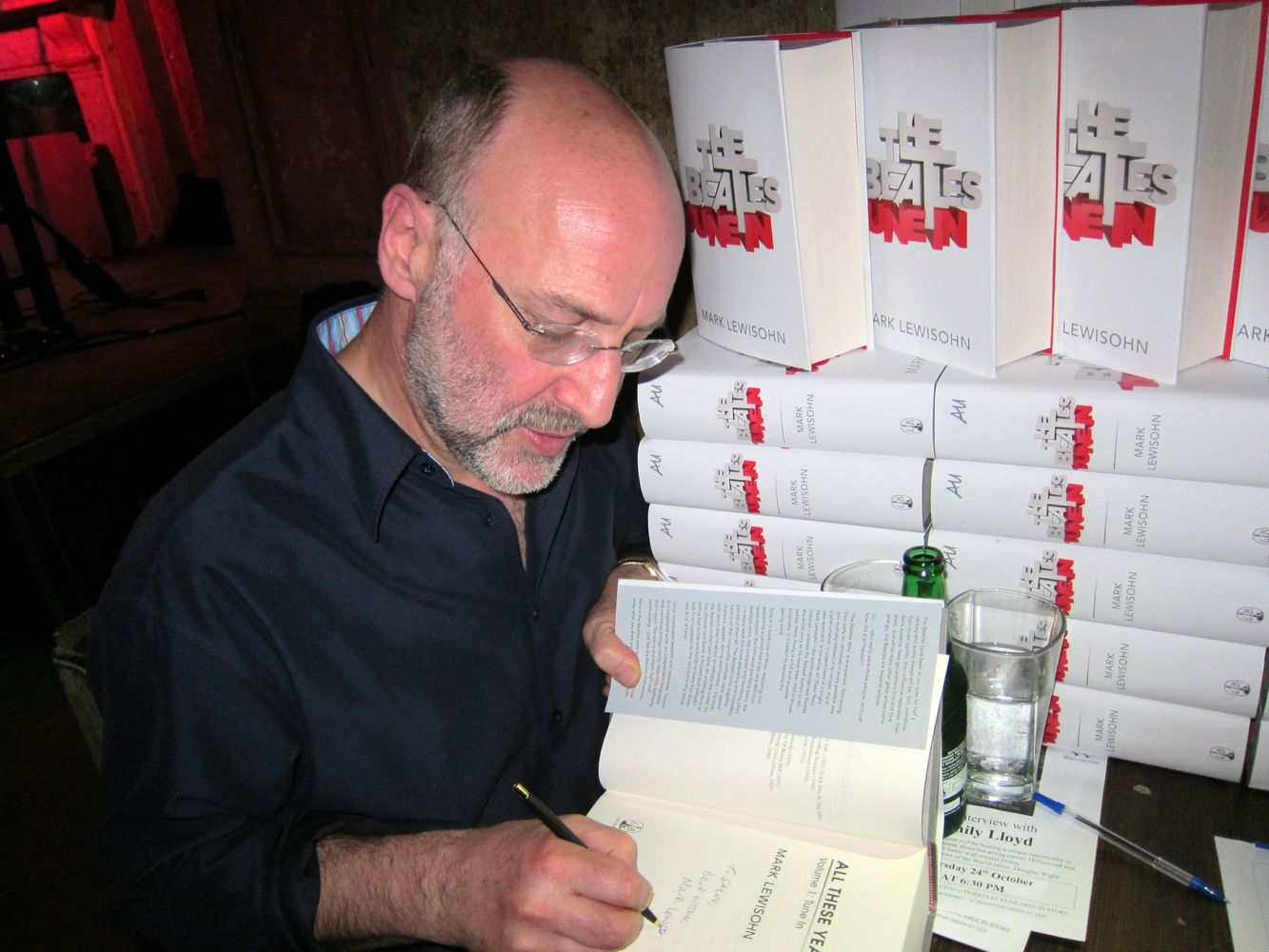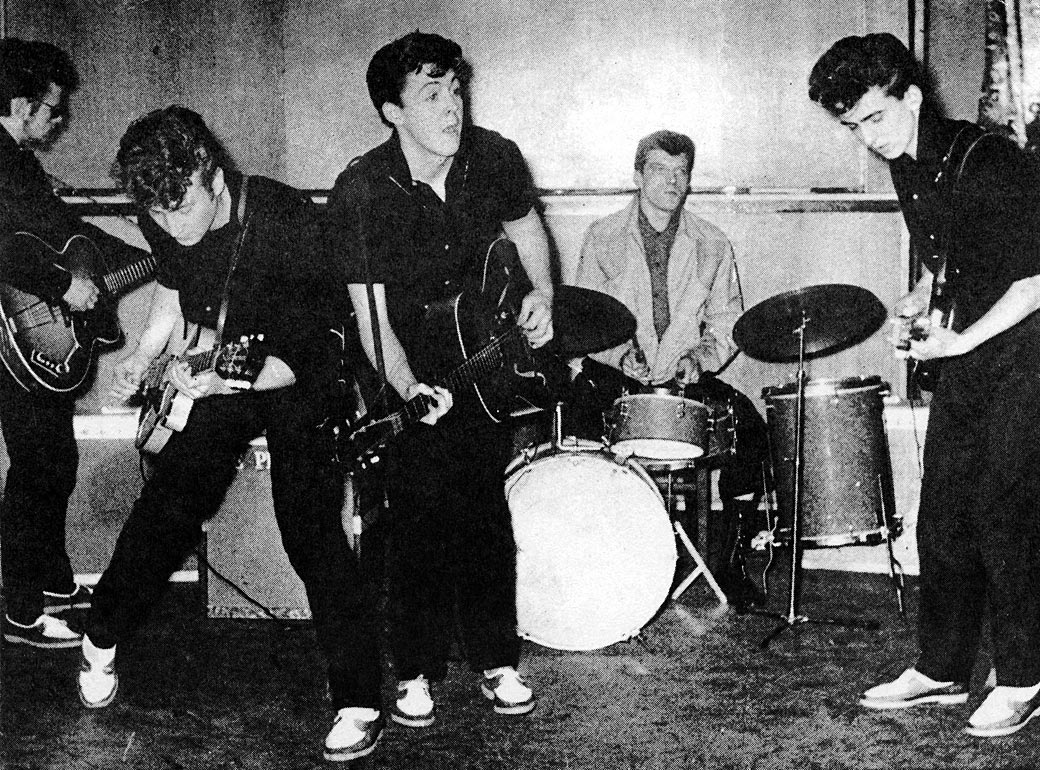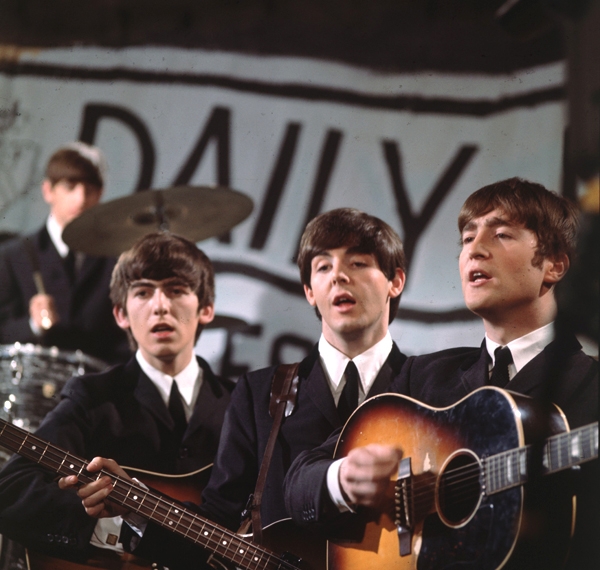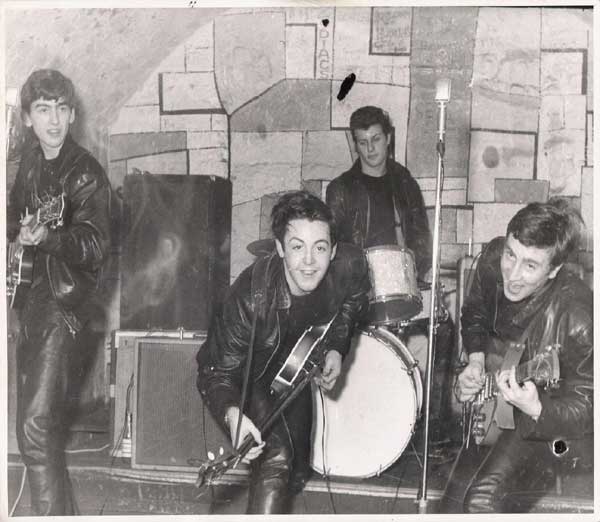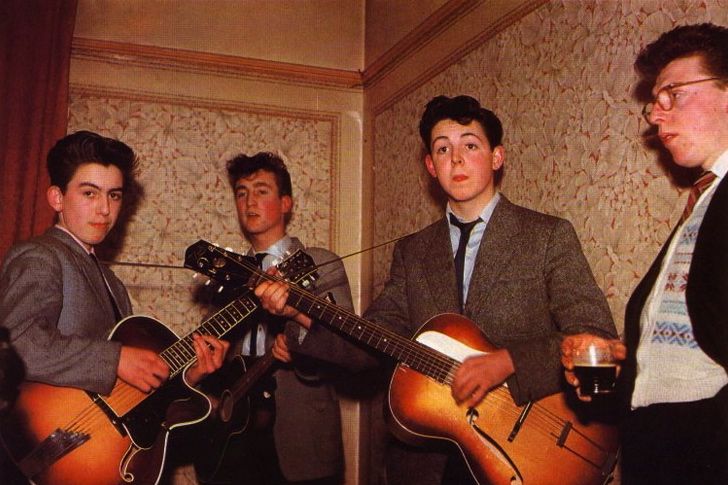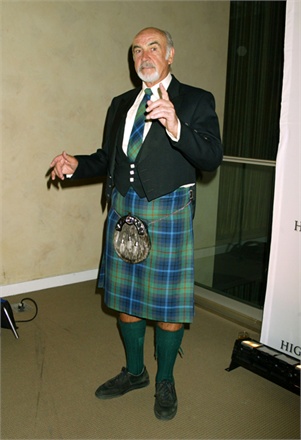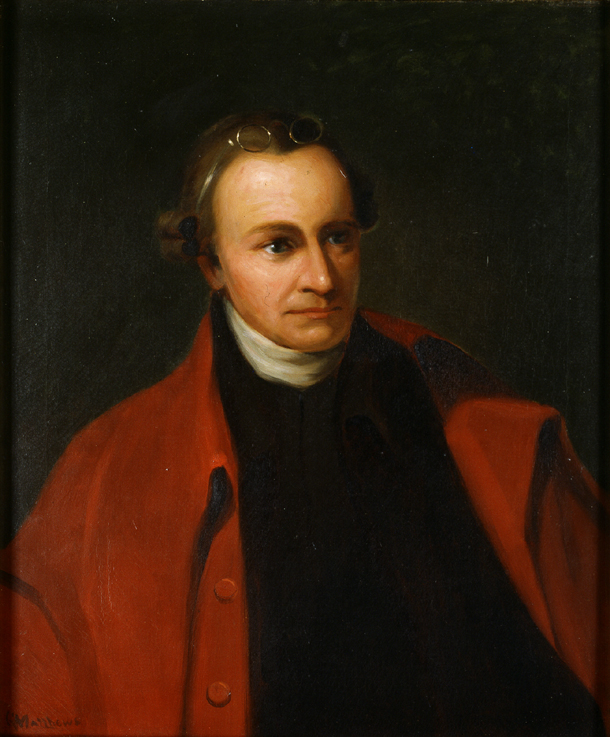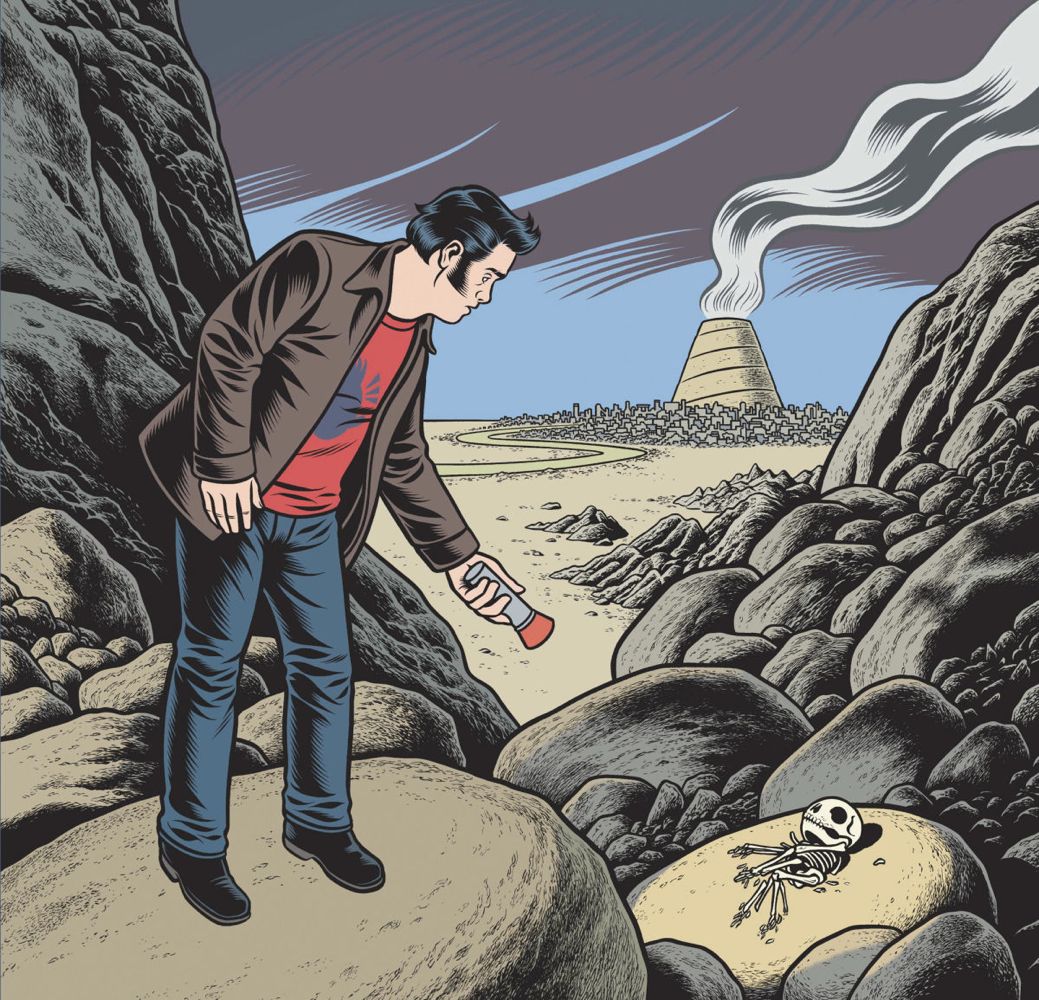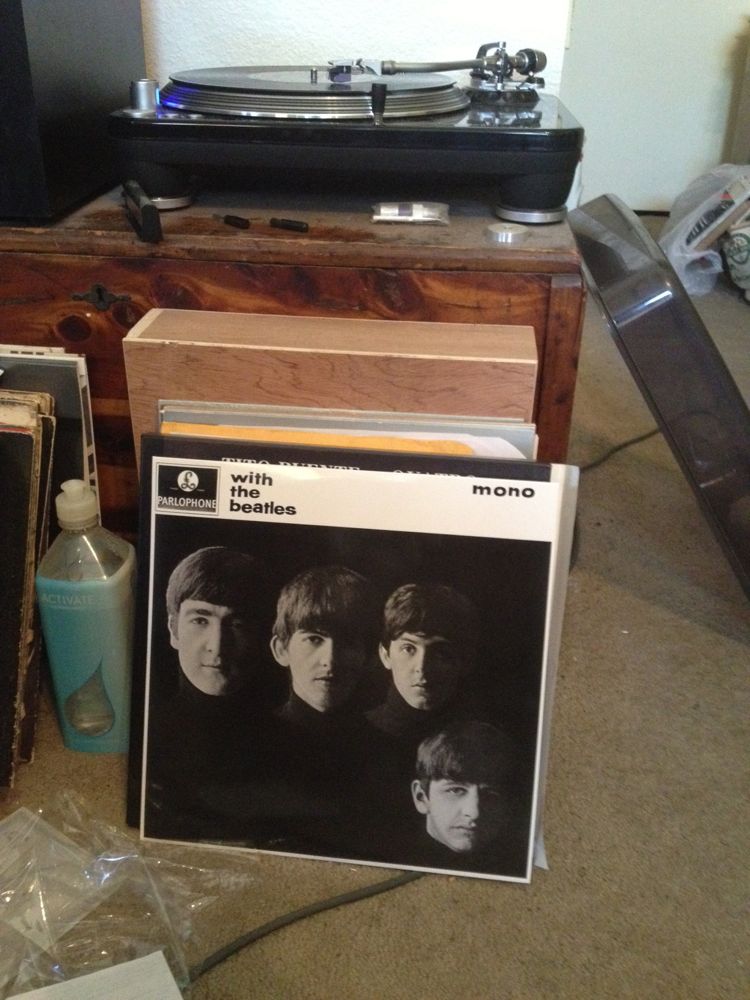Category Archives: Main Page
A JOHN BROSIO FOR TODAY
MR. BRIAN
One figure that emerges most vividly and endearingly from Mark Lewisohn’s Beatles history Tune In is Brian Epstein. He comes across as an incredibly sweet and decent man with a passion for fairness and a genuine admiration for The Beatles as people, and for their music.
As a gay man that admiration may have been mixed with physical attraction but this was never exploited in any way, shape or form — Epstein would have considered such exploitation beneath him, beneath his standards of honor and honesty.
It’s heartbreaking to read of the needless and cruel humiliation he suffered for his sexual orientation, socially and legally, in the world of his time, and of his heroic effort not to let this humiliation destroy him. He made The Beatles rich and they made him rich, though the relationship between the five of them was never really about money — it was about trust and faith and adventure . . . and love.
WHAT I’M SPINNING NOW
This Beatles album is unique — it contains only songs written by Lennon and McCartney. The mix you find on other albums, of covers and Lennon-McCartney songs and songs by Harrison and Starr, is satisfying but this one has a different feel, like breathing pure oxygen.
Lennon and McCartney were soaring at this stage of their songwriting career, cranking out one pop wonder after another with dazzling speed. You can feel their own amazement and joy at their craft and genius. They’d slogged and scrambled for years trying to get the world to notice their work — now the world couldn’t get enough of it and they were only too happy to satisfy the demand.
I think it’s my favorite Beatles album — not necessarily the greatest but the most fun start to finish.
Click on the images to enlarge.
THE LITERARY LIFE
SOD HOUSE
MORE AND MORE BEATLES
John, Paul, George and Ringo recorded as The Beatles for seven years, producing 214 tracks. Almost everything they created together was magical, expertly crafted, joyful, sublime in simple and sometimes not so simple ways.
And then The Beatles were over, the peculiar phenomenon called The Beatles was over. Beatlemania, which never really went away while the lads were turning out new work, changed into something else — Beatles obsessiveness. As John, Paul, George and Ringo worked to define themselves as individual artists, sometimes collaborating with each other, sometimes squabbling about the past, manic Beatles fans began dissecting their music, collecting studio outtakes, writing volume after volume about the work and the career of The Beatles.
The impulse was clear — finding something new or generally unknown about The Beatles was a way of warding off the truth that there would probably never be any new Beatles music.
Mark Lewisohn’s magnum opus about The Beatles, All These Years, of which the first volume, Tune In, has just been published, is the ultimate expression of Beatles obsession. It aims to put between covers every fact that’s known, every fact that probably can be known, about The Beatles.
Tune In is available in two editions, the regular trade edition, which comes in at just under a thousand pages, and an “extended edition”, in two volumes, of over 1700 pages (at this point only available in the UK.) It follows the lives and careers of John, Paul, George and Ringo (and George Martin and Brian Epstein) — as well as the state of the trans-Atlantic music business — until 1962, when The Beatles had their spectacular commercial break-out.
The detail in the extended edition I’m reading is staggering — it’s like entering a parallel universe made up entirely of facts about or relating to The Beatles. You and I don’t know or remember as much about our own families and lives as Lewisohn has unearthed and set down about the families and lives of The Beatles. It would be a fascinating exercise in fanatical exhaustiveness even if it weren’t about four extraordinary artists.
Lewisohn’s style is chatty and readable, if not particularly elegant, his method meticulous to a mad degree — if you want to know the exact street address of the strip club in Liverpool where the lads briefly played before they made it big and the precise layout of the club, you’ll find it here.
Call it overkill, call it an epic love song to their work — whatever you call it, it’s amazing. It brings the group to life again in the only way it can be brought to life again, except in the recordings themselves — by telling us things we never knew about the lads, about the creation of their music, and by putting us back in touch with the times they inhabited and changed, for many of us the times of our own youth.
If you love The Beatles you’ll love the book, but it will also make you sad. This is the last word on the group — a long, loving, dazzling last word. From now on, only the music will have anything new to tell us, but fortunately it will keep on doing that forever.
OH, WELL MAY I WEEP
. . . for yestreen in my sleep.
Behind the mask of reserve, the Scots are a fierce and passionate people, but that aspect of the Scottish soul ends abruptly where hardheaded self-interest begins. Sean Connery, a fierce and passionate advocate of Scottish independence, did not return to Scotland to campaign for it because returning might have jeopardized his status as a tax exile from his native land. In other words, it might have cost him money.
That attitude carried the day in the vote for Scottish independence this week. “I’ve got mine,” Connery said in effect — “Won’t be risking any of it for yours.”
George Washington, by contrast, one of the richest men in North America, risked hanging to lead the fight for American independence. This spirit no longer exists in Scotland in regards to independence, and the fact is really neither here nor there. It’s just the way things are up north.
The Scots prefer a fierce and passionate longing for what might have been to risking all for change. They have long since sent their real rebels, like Patrick Henry (above), to America — we honor them, and wish their yestreen countrymen all the best. Independence has a price, and we shouldn’t expect everyone to be willing to pay it — should care not what course others may take.
A CHARLES BURNS FOR TODAY
WHITHER KINTYRE?
Most Scots didn’t support the rebellion of Bonnie Prince Charlie in 1745, because they thought it was hopeless. Now they weep when they hear his name. This leads me to conclude that they will vote no on independence today, then spend the next three hundred years in wistful, melancholy musing over what might have been.
WILL YE GO, SCOTLAND, GO?
IN SPITE OF ALL THE DANGER
From the first semi-professional recording session of The Quarry Men, featuring John, Paul and George, all still teenagers. This was the second of the two sides they paid to record in a home-based studio for hire. It was written by Paul though he gave George co-writing credit because he came up with the guitar break.
John sang lead on both songs.
MOVE IT!
As teenagers, John, Paul and George, not yet The Beatles, considered this single from 1958 as the first British recording that captured the sound of the American rock and roll artists they worshiped.
It doesn’t quite have the mysterious propulsion and suggestive undertow of the best American stuff, but it’s not bad.


